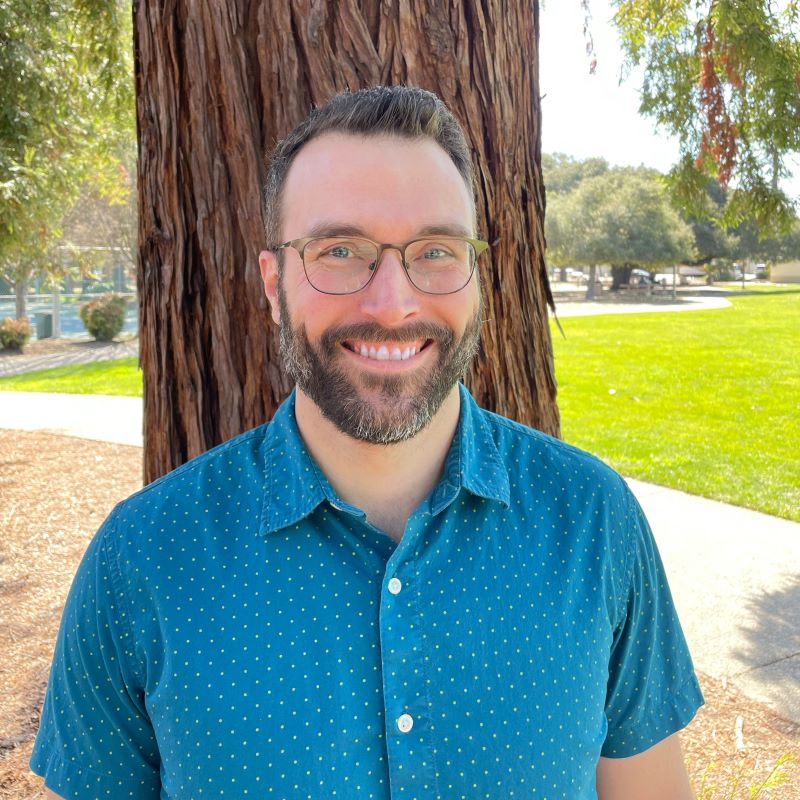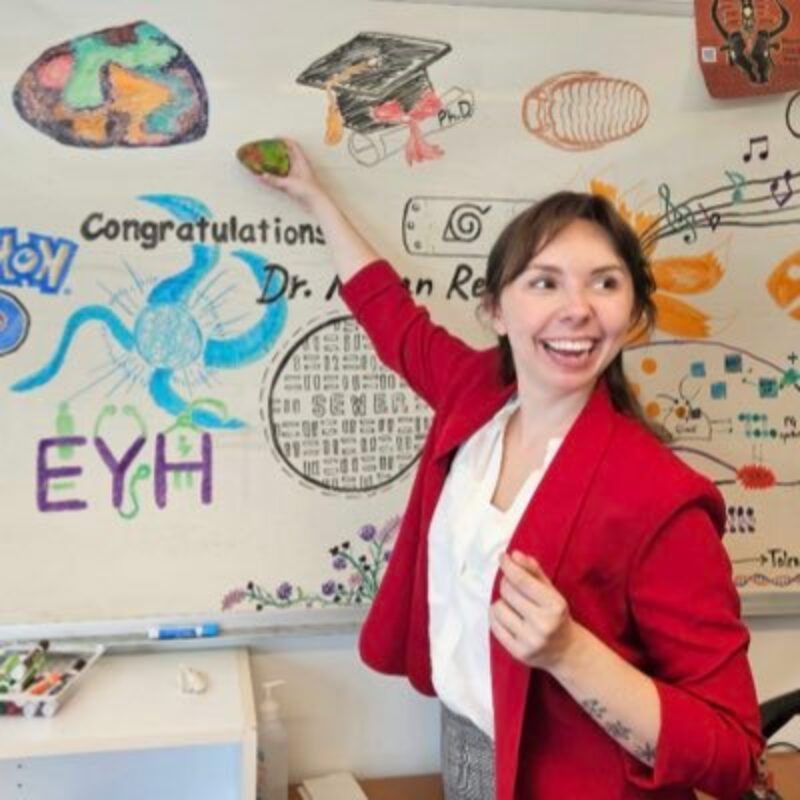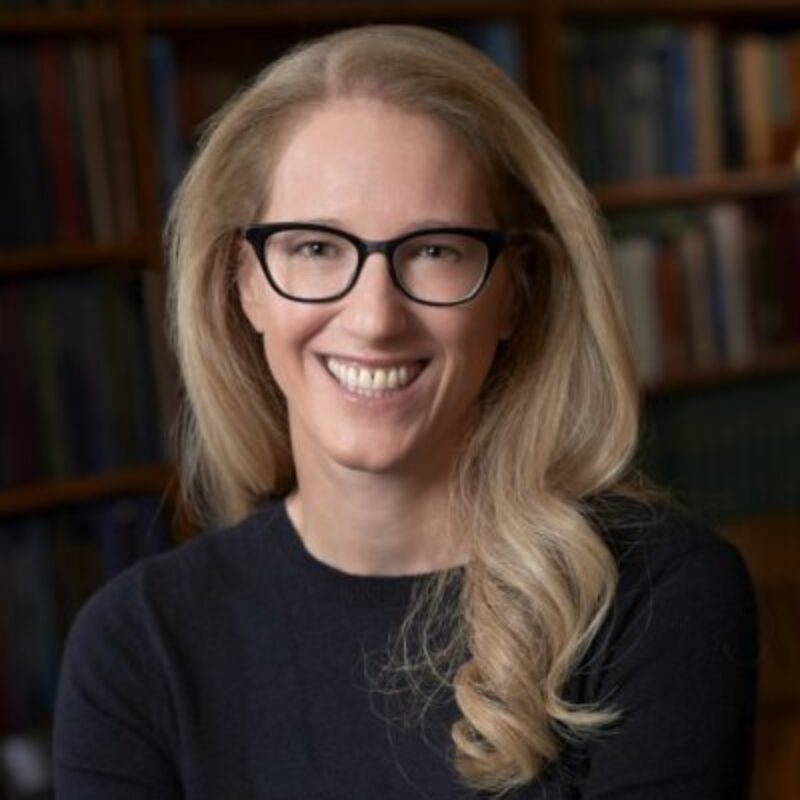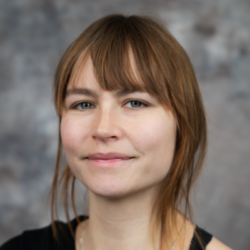Tag: Microbiota and Microbiomes
-

CIHMID SPOTLIGHT: The Hendry Lab
There are diverse areas of study across CIHMID’s member labs, but our PIs are unified in their commitment to science. CIHMID will periodically shine a spotlight on an individual lab to highlight the people behind the work. These are their stories. Dr. Tory Hendry Assistant Professor, Department of Microbiology CIHMID URE Director CIHMID MFF […]
-

Protected: CIHMID SPOTLIGHT: The Huberman Lab
There is no excerpt because this is a protected post.
-

Microbial Friends & Foes application portal opens Dec. 1!
More information about the program and a link to the application can be found HERE: https://cihmid.cornell.edu/…/mff-reu/ The application portal for the Microbial Friends & Foes Research Experience for Undergraduates will be open from Dec. 1 through Feb. 1, 2025. Please note that, due to the nature of our funding, the program can only accept U.S. […]
-

Lucas Nell
Lucas studies how populations and communities are shaped by interacting ecological and evolutionary dynamics that play out across space. Given the conceptual breadth of questions that interest him, Lucas uses a range of approaches (e.g., theory, experiments, population genomics) and systems (e.g., insect host–parasitoid, microbial[...] -

Megan Keller
During her doctoral work, Megan specialized in uncovering new ways bacteria can become less susceptible to antibiotics through her work with the Doerr lab. However, her long-term passion is seeded in communicating science to the public, either through the instruction of rising young scientists, or[...] -

Melanie Filiatrault
We focus our research efforts on discovery and molecular characterization of bacterial factors involved in bacterial-plant interactions, with particular interests in bacterial signaling systems and small non-coding RNAs. Another area of research is the development of new management strategies for bacterial pathogens. We use a[...] -

Aisha Burton
We look to elucidate the mechanisms through which small proteins, approximately 50 amino acids in length, contribute to the regulation of stress responses in bacteria, with a particular focus on E. coli and B. subtilis. Our research revolves around exploring the role of these small[...] -

Daniel Sprockett
Dan’s research focuses on the assembly and transmission of host-associated microbial communities. He is interested in understanding where your microbiota comes from in early life, how microbes are transmitted between hosts, and the ecological and evolutionary forces that shape these microbial communities as they develop[...] -

Raina Plowright
Our lab seeks to understand and prevent spillover of zoonotic pathogens from wildlife to other species. We develop the science of pandemic prevention through collaborative, transdisciplinary science. We work in the field, the lab, and in silico, all with a commitment to translate the science[...] -

Amandine Gamble
I investigate what drives hosts’ contributing to pathogen dynamics across biological scales, from host-pathogen molecular interactions to host species interactions. To do so, I combine theoretical, observational, and experimental approaches, and consider various study systems in the lab and in the field, including emerging bat-borne[...]
